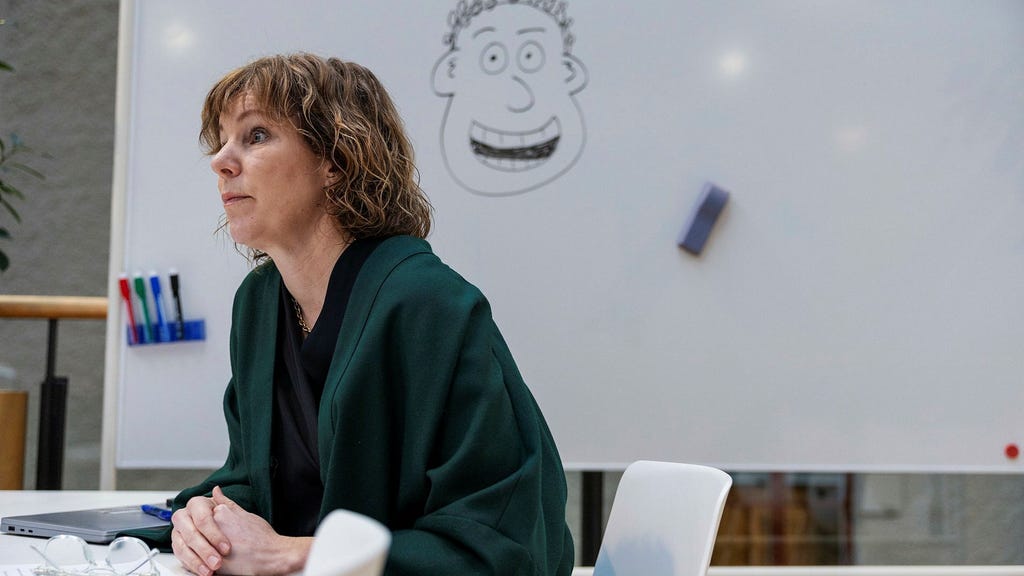Chalmers University of Technology in Gothenburg, Sweden, recently inaugurated its new Diversity, Equity, and Inclusion (DEI) office, a move aimed at fostering a more inclusive and equitable environment for all its members. Malin Albrektsson, Chalmers’ newly appointed equality coordinator, emphasizes the importance of addressing the barriers faced by women, transgender individuals, and foreign-born employees within academia. She argues that a truly excellent and top-tier university requires a supportive and inclusive work environment for everyone, enabling all individuals to thrive and advance in their careers, not just a select few. The establishment of the DEI office signals Chalmers’ commitment to creating such an environment.
The timing of the inauguration, however, coincided with former US President Donald Trump’s highly publicized attack on DEI programs in the United States. Trump, who has a history of denying systemic racism and alleging anti-white bias, ordered the termination of federal DEI programs upon his return to office, claiming they were discriminatory. This generated considerable controversy and debate, with human rights activists emphasizing the crucial role of DEI initiatives in leveling the playing field for historically marginalized groups. Despite the political climate in the US, Albrektsson and Chalmers remain steadfast in their commitment to DEI. She dismisses Trump’s arguments, stating that discrimination laws are specifically designed to protect vulnerable groups who experience disproportionate levels of harassment, hatred, threats, and violence. The DEI office, therefore, is viewed as a necessary step to address these existing inequalities and provide targeted support.
Chalmers’ DEI office aims to implement various initiatives, including providing training for managers and leaders on issues of discrimination and inclusion, and conducting thorough analyses of the current situation within the university. This proactive approach aims to identify and address systemic barriers that may hinder the progress and well-being of certain groups. While some critics on social media, including politicians from the Moderate and Sweden Democrats parties, have compared Sweden to the US and ridiculed Chalmers’ initiative, arguing that the university is jumping on a fading trend, Albrektsson firmly disagrees. She points to Chalmers’ long-standing engagement with diversity and inclusion issues, evidenced by previous initiatives like the Genie project, as proof of their continued commitment.
The Genie project, launched in 2019 with a budget of 300 million kronor and running until 2029, focuses specifically on increasing the representation of women at the university. Its objectives include recruiting top female researchers, enhancing knowledge about gender equality issues, and proposing concrete measures to boost the proportion of women within various roles. While a significant undertaking, Albrektsson explains that the Genie project alone is insufficient. It primarily addresses the faculty, which is just one part of the larger Chalmers community. Furthermore, it focuses solely on gender equality, while the DEI office seeks to address a broader range of discrimination grounds, acknowledging the intersectional nature of these issues.
The need for a broader approach is underscored by the statistics presented in Chalmers’ annual report and sustainability report for 2023. Despite the Genie project, men still hold eight out of ten professorships at the university. While representing a slight increase in female representation since 2019, when women held only 17% of professorships, there is clearly much more work to be done. Furthermore, female employees experience almost three times the sick leave rate of their male counterparts, highlighting potential gender-specific challenges within the work environment. The lack of data on ethnicity within the university prevents a similar analysis for other underrepresented groups, further emphasizing the need for the DEI office to collect and analyze this data.
The reported 70 cases of harassment and discrimination within the university last year, primarily related to sexual harassment and harassment based on gender or ethnicity, provide further evidence of the challenges faced by certain groups. These numbers reinforce the importance of Chalmers’ commitment to creating a more inclusive environment, where all individuals feel safe, respected, and valued. The DEI office, therefore, is not simply a response to a perceived trend but a crucial step towards achieving true equality and excellence within the university. It signifies a recognition that diversity, equity, and inclusion are not just buzzwords but essential components of a thriving and successful academic community.














